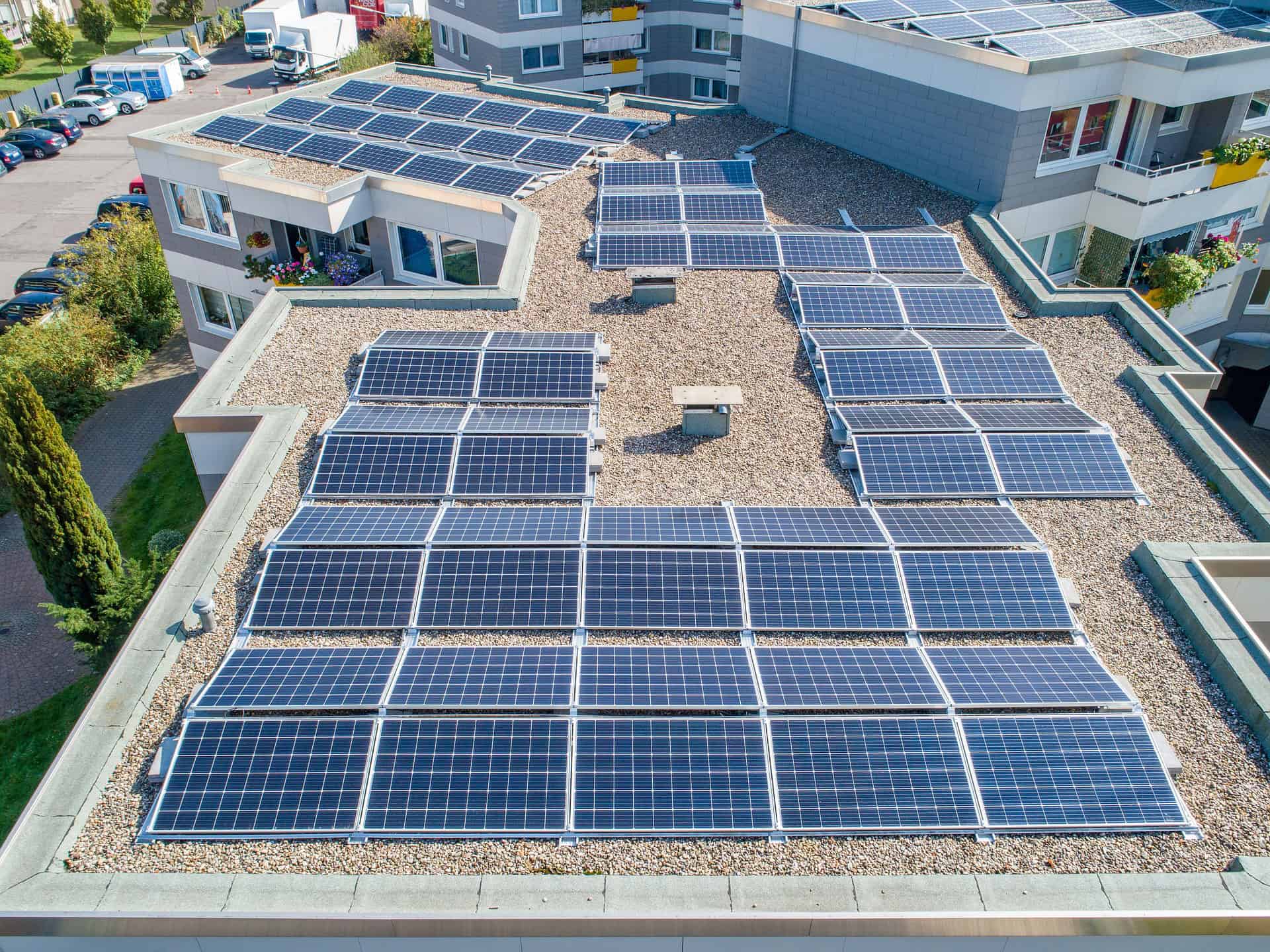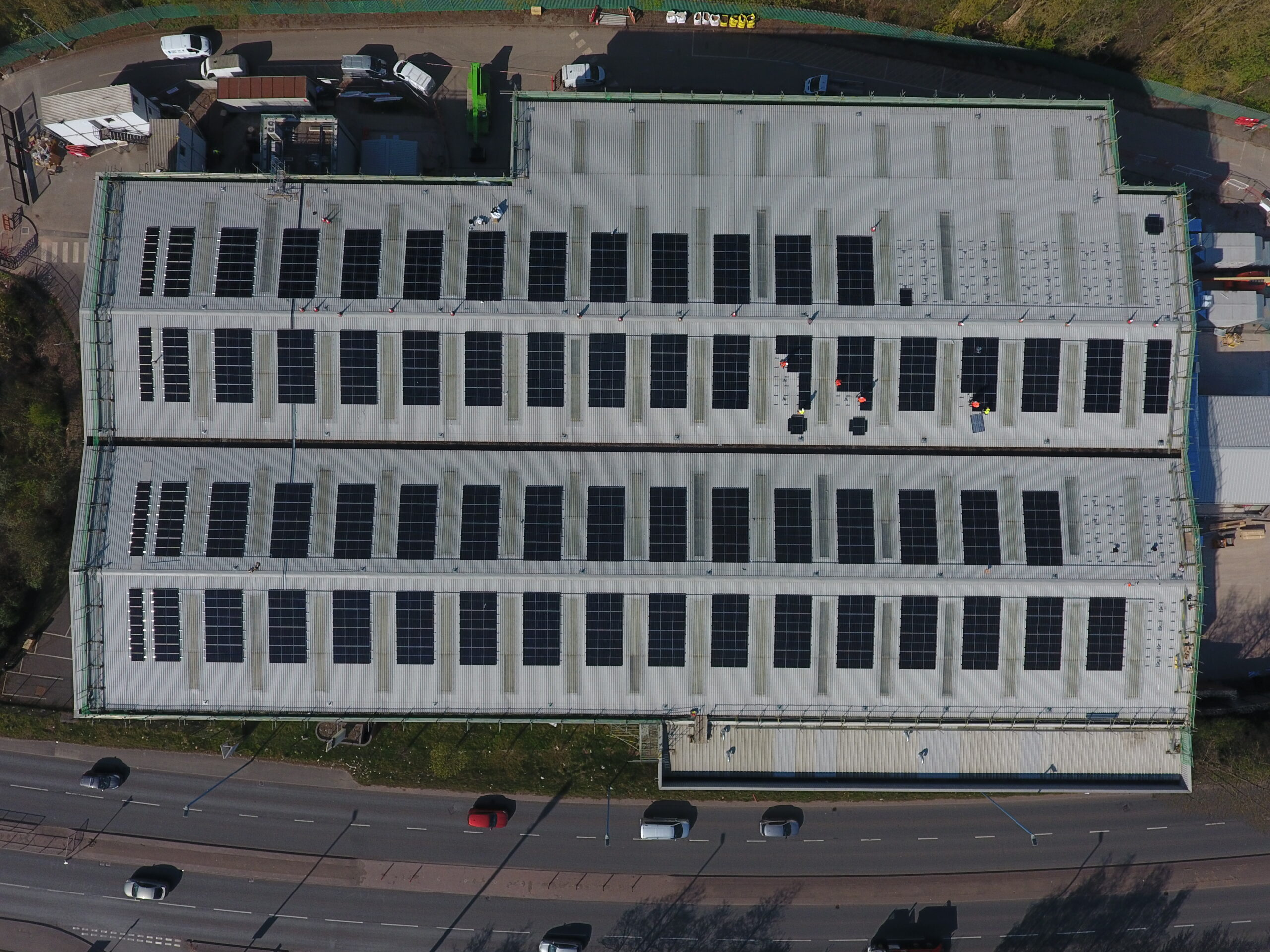The global shift towards clean and sustainable energy sources has opened up a new era for the solar panel industry. Solar energy has become a practical and economically viable solution to our energy needs. But what’s driving this transformation? A key driver is the Power Purchase Agreement (PPA), a ground-breaking financial arrangement that is changing the way we develop and finance solar energy projects.
In this article, we’ll take a closer look at PPAs within the UK solar panel industry. We’ll delve into what PPAs are, how they work, and the benefits they offer to businesses, investors, and the environment.
Understanding Power Purchase Agreements (PPAs)
A Power Purchase Agreement, or PPA, is a contractual arrangement between two parties: the solar project developer and the energy consumer. In this case, the developer is responsible for setting up and maintaining the solar panels, while the energy consumer agrees to buy the electricity generated by these panels at a predetermined price over a specified period.
How Do PPAs Work?
Project Development: Solar project developers identify suitable locations for solar installations. These locations can range from rooftops to open fields, depending on the scale of the project.
– Feasibility Study – Consists of consumption data and a survey of your premises.
– PPA Proposal – Acceptance in principle of proposal requires a signature of the HOT (Heads of Terms) which outlines the key terms of the offer and the basis on which you and the project developer intend to work together.
– Site Inspection & Design – Carry-out a complete Technical Review in order to explore details including possible equipment locations, electrical layouts, and shading risks.
– Permit & Subsidy – An application is submitted to the District Network Operator (DNO) who assess whether the proposed Solar PV system meets the available capacity within the network.
– Component Procurement – Equipment is ordered and delivered to site ready for installation.
– Site Construction/Installation – After the necessary documentation is in place the developer’s team will proceed to install the PV System.
– Commissioning – Following installation, you will benefit from reduced energy bills
Financing: Developers secure financing to cover the upfront costs of purchasing and installing solar panels. Traditional financing methods and incentives from the government play a crucial role in making solar projects financially feasible.
Negotiating the PPA: With the project ready to go, the developer negotiates a PPA with an energy consumer. The terms of the PPA include the price per unit of electricity (usually in kilowatt-hours), the contract duration (typically 10-25 years), and other important details such as performance guarantees.
Construction and Operation: Once the PPA is in place, the solar project is constructed and connected to the grid. The solar panels begin generating electricity, which is then delivered to the energy consumer. No planning permission is required for installations up to 50 kW; System sizes under 1MW are permitted development (unless on a listed building or in a conservation area).
Billing and Payment: The energy consumer receives monthly or quarterly bills based on their electricity consumption as per the PPA terms. The agreed-upon rate per unit of electricity is used to calculate these bills.
The Advantages of PPAs for Businesses
Predictable Energy Costs: One of the primary benefits of entering into a PPA is the stability it offers businesses. With a fixed price for electricity over the contract period, companies can accurately forecast and manage their energy expenses. Providing financial savings from day one and protection against future price rises.
Environmental Responsibility: PPAs allow businesses to demonstrate their commitment to sustainability and reduce their carbon footprint. Solar energy is clean and renewable, contributing to a greener future.
Reduced Regulatory Burden: PPAs simplify the process of adopting solar energy, as the developer typically handles permits, compliance, and maintenance. This reduces the administrative burden on businesses.
Cost Savings: Over time, as energy costs from traditional sources continue to rise, businesses with PPAs can enjoy significant cost savings, further enhancing their commercial operations competitiveness. Typical PV systems should provide a minimum of 50% usage and an electricity bill savings of 20–25%.
Transferrable: The PPA contract is also transferrable with the building should it be sold. Offering the potential to increase the value of the property and its saleability; the new owner continues to receive the benefits of cheaper electricity and reduced bills.

PPAs and the UK’s Renewable Energy Goals
The United Kingdom has set ambitious targets for transitioning to renewable energy sources. PPAs play a vital role in achieving these goals by facilitating the development of large-scale solar projects. With the increased use of solar energy, the UK can reduce its reliance on fossil fuels, lower carbon emissions, and create a cleaner and more sustainable future.
Challenges and Considerations
While PPAs offer numerous benefits, there are challenges and considerations to be aware of:
Regulatory Changes: The regulatory environment for renewable energy can change, affecting the economics of existing PPAs.
Credit Risk: Businesses entering into PPAs should assess the creditworthiness of the developer, as their financial stability is crucial to the success of the agreement.
Exit Strategy: It’s essential to have a clear exit strategy in case circumstances change or the business no longer requires the contracted energy.
Conclusion
Power purchase agreements are a game-changer for the solar panel industry in the United Kingdom. They offer businesses predictable energy costs, investors stable returns, and contribute significantly to the nation’s renewable energy targets. As the world continues to transition towards clean and sustainable energy, PPAs are playing a central role in shaping the future of the solar energy sector in the UK.
By embracing PPAs, businesses and investors can not only benefit financially but also be active participants in the fight against climate change, ensuring a brighter and cleaner future for generations to come.
For more information on solar energy incentives and support, contact our EcoSolar team to discuss your needs further.
To explore further news about the solar industry and PPAs in the UK, you can check out the Solar Power Portal.

